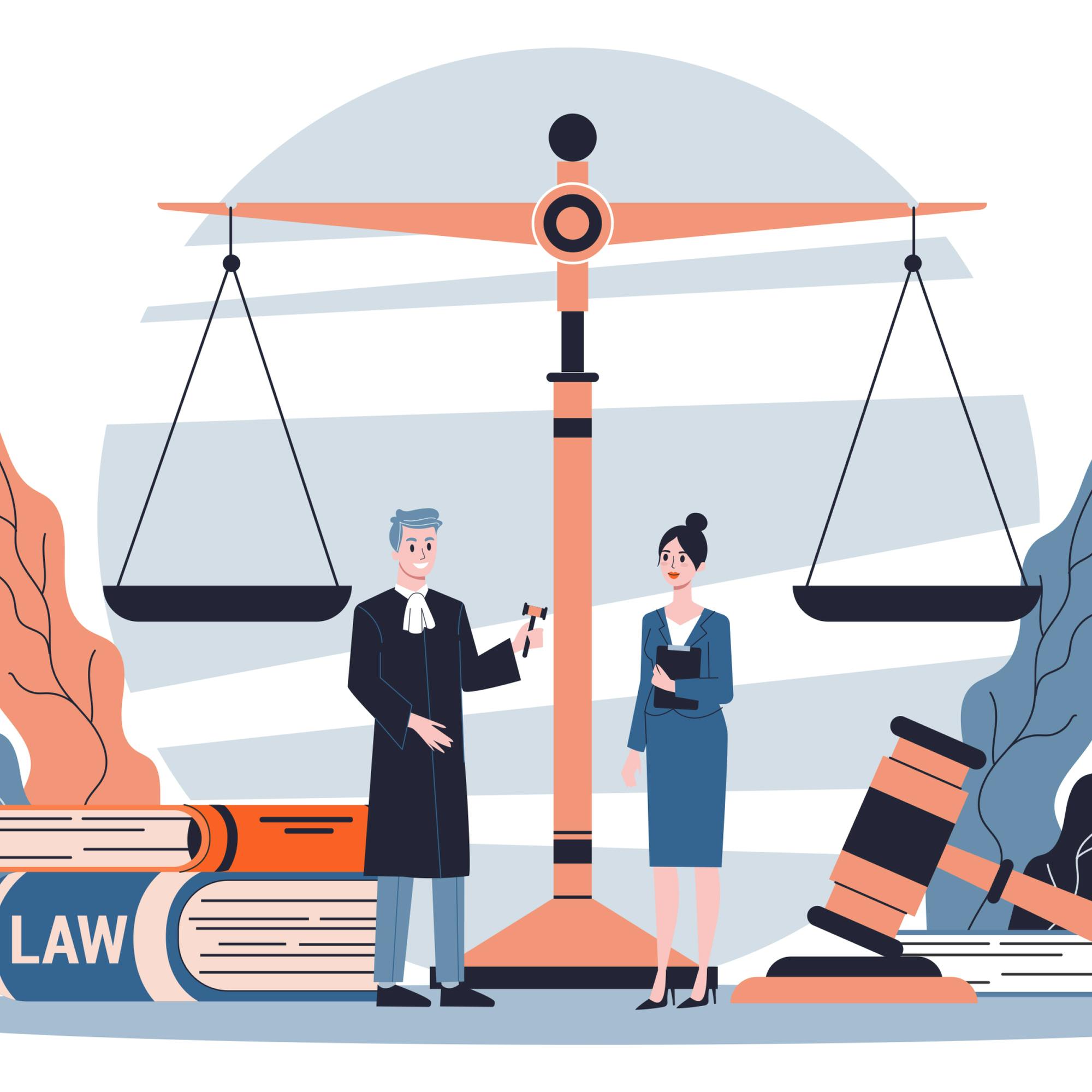
How to Make a Will
Do You Need a Lawyer? Costs & More

One of the most important steps you’ll want to take during the legacy planning process is the creation or updating of your will. A will should be written well before it is needed to ensure that your family’s assets are protected and that your medical decisions will be respected in the event that an emergency occurs.
While it can be difficult to consider writing a will, it is a step to show our loved ones that we care about their interests and also to ensure that our wishes are met even when we can no longer advocate for ourselves. A will can provide peace of mind so you can focus on the things that matter most.
For more information about writing and updating your will and the other logistical necessities that may be associated with protecting your estate, turn to the team here at Lantern. We have a growing collection of resources about legacy and estate planning to make the process as smooth and easy as possible.
What Is a Will?
A will is an important legal document that is used to protect your interests and ensure your assets are distributed to the right parties. It plays an important role in legacy planning because an estate that does not have a will gets divided and distributed by the state, which may not be in accordance with your personal preferences.
A will is often written well before the end-of-life planning process. This is to ensure that your children or next of kin are protected and have access to your estate and assets in the way you wish. Many people believe that they don’t need a will until they have a substantial estate or savings, but that simply isn’t the case. You can begin creating your will as soon as you are over the age of 18, and many experts recommend that you do so.
Why Is a Will Important?
Putting together a will takes time and careful consideration, but there are many reasons why it’s important to have a will. Here are just a few:
You Decide How Your Property Is Distributed
While the state will distribute your assets and property, if you don’t have a will put into place, you won’t have any input into who receives what after your passing. To be sure that your family is protected, that your assets are shared evenly, and that you have control over your belongings, it’s important to draft and update your will.
You Can Bequeath to Non-Family
While the state will distribute your belongings to family or kin if you don’t have a will, they will not allow belongings or financial assets to go to friends, non-family members, or even charities. If you want to be certain that your belongings will be distributed, not only among family, but the other available individuals and charities that can be bequeathed to, then a will is key.
You Can Name an Executor
Not only will you get to decide where to bequeath your belongings, but you also know that your wishes will be advocated for. In a will, you will name an executor, which means you will have a close friend or family member who fights for your wishes at every stage.
What Goes Into a Will?
Your will is individual to your needs, but there are a few essential elements that go into every will, including the following:
Property
Your property will be one of the biggest assets in your will. It’s important to consider who might be able to take over the ownership and responsibilities of property management and any associated loans or costs.
Savings and Investments
Money is one of the most important things to consider when drawing up your will. You’ll want to make sure that your family is protected and provided for in the event of your passing.
Belongings
Beyond valuable belongings, you’ll also want to account for sentimental belongings, as well. These are often the most beloved by the family, so speak with the important people in your life to determine what holds special meaning to them and what should be put into writing.
Executorship
It’s important to pick an executor for your will that you can trust to make the best decisions on your behalf. It can be difficult to make choices for a family or loved one when they are no longer able, especially since there are often conflicting familial needs. That’s why you’ll want to take time to consider your options and make the right decision for your will and estate’s needs.
The executor will be responsible for selling property, distributing funds, and sharing assets, which means you’ll want to pick a responsible, level-headed person, ideally one who is younger than you, for the job. They must be legally allowed to perform the role and over the age of 18. It is a common practice to pay the executor of your will for the work they are doing on your behalf.
Guardianship
Perhaps the most important reason to have a will is the guardianship of your children, if you are a parent. Your will is the location where you will legally declare the guardian for your children if you pass away and is key to protecting and providing for your family after you are gone. This is not an easy decision to make, but it is an important one for your own peace of mind and your family’s future.
Do I Need a Lawyer to Write a Will?
Technically, you do not need a lawyer to write your will. There are many online resources for legacy planning and will drafting that make it easy to begin the process at home without spending a lot of money. While every state has unique legal requirements for wills, as long as your version meets those requirements, it is a legal document.
The larger your estate, the more helpful it is to have an attorney present or supporting you throughout the process, but if you have a moderate estate, no children, and simple, straightforward bequeathments, you can easily create your own will without the need of legal support.
It’s also possible to write your will on your own and then seek the guidance and review of a lawyer afterward, to ensure that your will meets the state’s needs and that there will be no complications when the will is invoked. A lawyer may be a helpful asset if you’re looking for advice and guidance on how best to distribute your estate and protect your family, but there are many resources to begin the process yourself.
Costs to Consider
Even if you decide not to hire an attorney, there are still costs associated with creating a will. Here are a few that you’ll want to keep in mind as you begin the process.
The Cost of the Will
If you’re interested in creating your own will, you have options. While there are free template options available, there are also reliable sites that can help you to draft and input your needs at a low cost. Using a drafting site can help to save you money while still protecting your assets, which many of the free ones will not.
The Cost of an Attorney
If you do decide to utilize the services of a lawyer, be aware that the process can be quite costly. To draft a will, your attorney will likely charge between $150-$600, though it’s not unusual to see fees of $1,000 or more, depending upon the size of your estate and the complexity of your bequeathments.
The Executor’s Fee
Managing an estate and distributing assets can be time-consuming and challenging. That’s why most executors will take a small percentage of the estate for their time after the process is complete. While this will only get paid out after your passing, it’s important to account for the executor fee when drafting.
Summary
A will is the most important step you can take when it comes to protecting your family in the future and ensuring your wishes are respected. It is recommended that a will should be updated regularly and include information on the estate’s executorship, how your financial and physical assets will be distributed, and who will gain guardianship of your children. These are essential questions that can go a long way to keeping your family well cared for.
